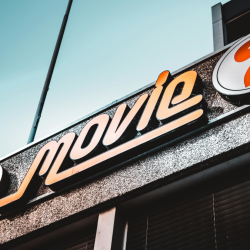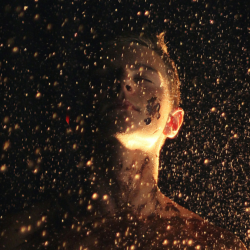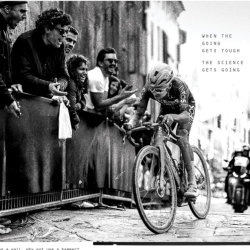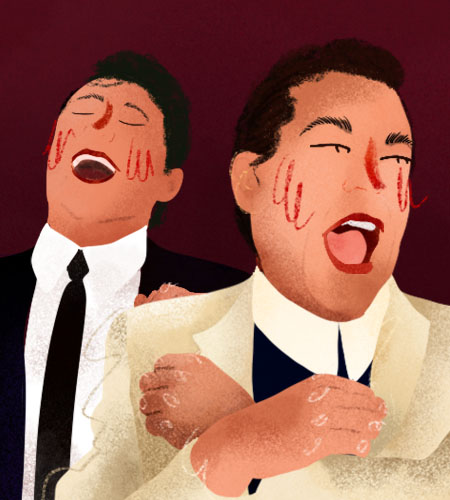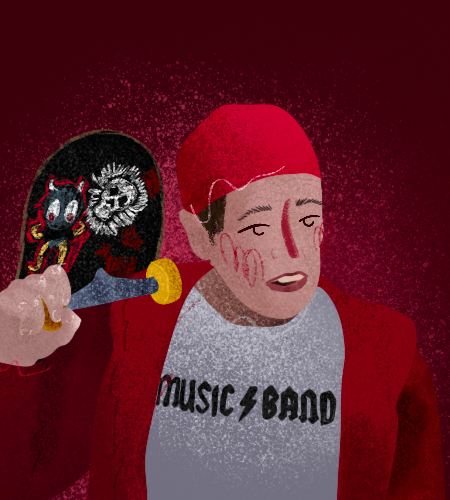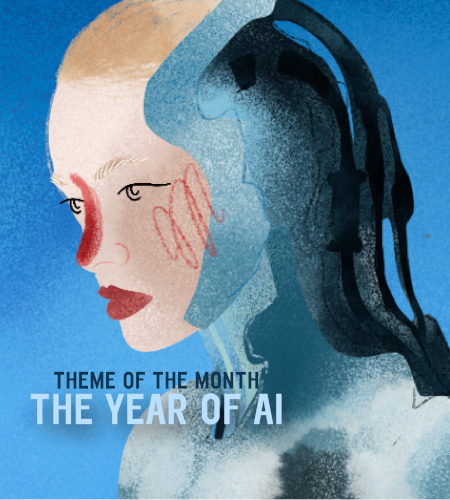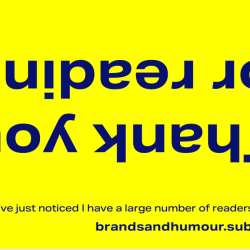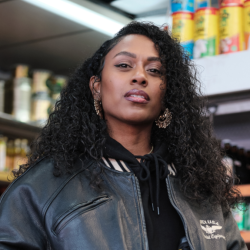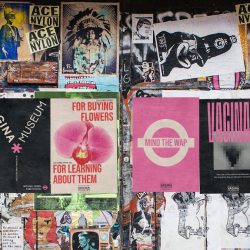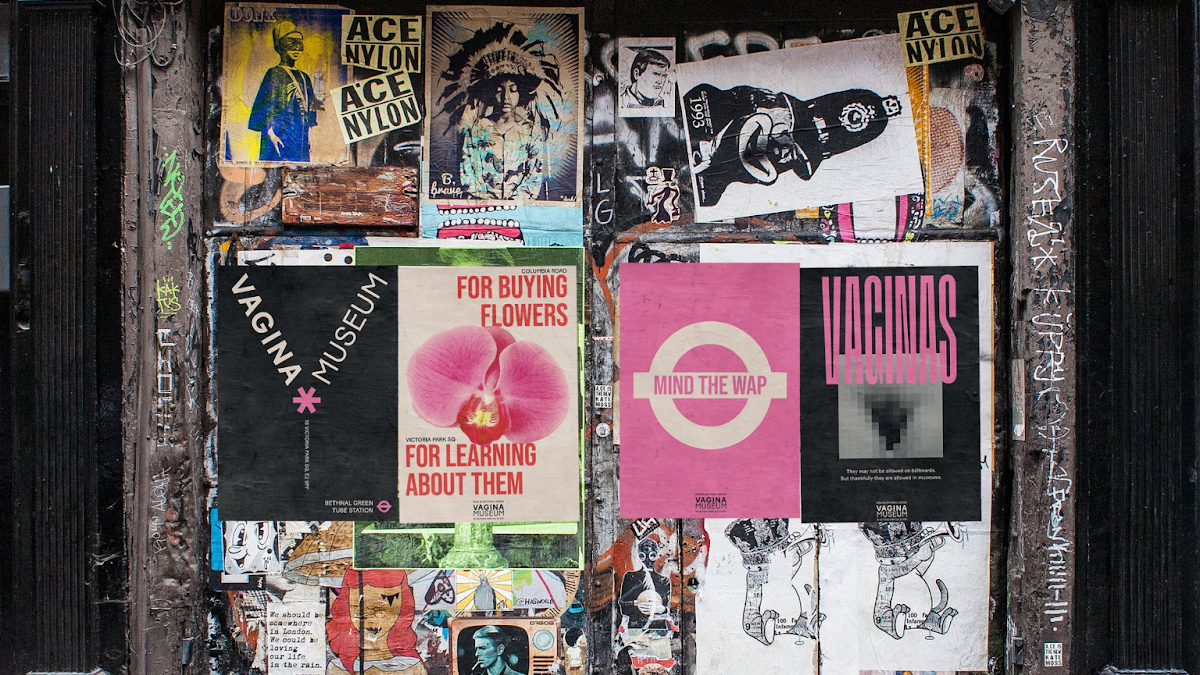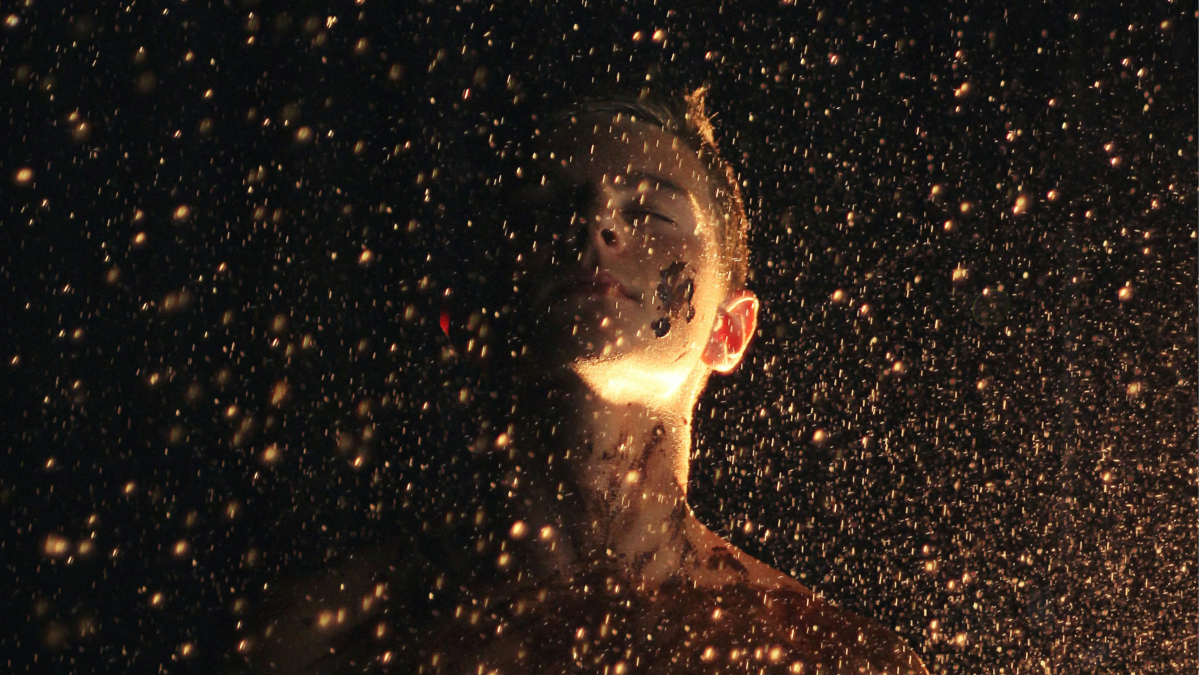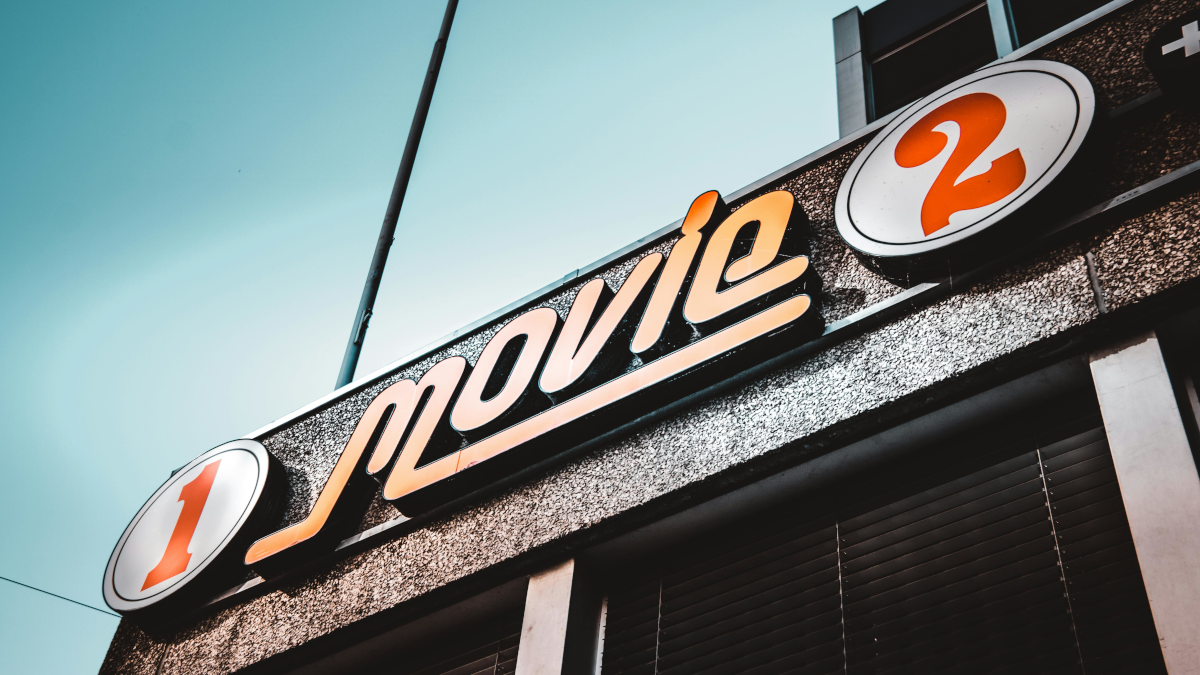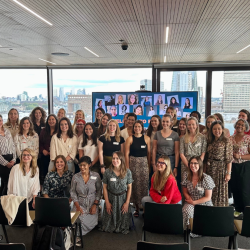Like so many women around the world,
watching film director Jane Campion accept her Critic’s Choice Award for her film The Power Of The Dog (2022) was a joyful moment. We were whooping and saying “hurrah”, then she stepped on stage, opened her mouth and everything changed.
All she simply had to do was to get up, thank the people she needed to thank, bask in her victory and sit back down. Instead, she chose to smear her first major film victory by turning it into an Olympic sport.
Venus and Serena Williams, like everybody else in that room, had come to have a good night out and celebrate those in the entertainment world. Instead, they found themselves at the centre of Jane Campion’s acceptance speech; all whilst minding their own business.
Venus and Serena, you’re such marvels. However, you don’t have to play against the guys like I have to.
Jane Campion
To that, I say, has Jane been living on a different planet to the rest of us? How can you compare the art of filmmaking to sport? Art is subjective, whereas in sport you either win or lose. Let’s not forget, Jane Campion was born into a wealthy family and she chose to die on this particular hill, by likening her privileged background to that of the Williams Sisters.
The absolute cheek…
Comparing her journey to these two extraordinary women and suggesting that the rise to the top was harder for her than it was for them made me want to pull out my eyelashes. The amount of privilege you must have coursing through your veins to say something so loaded on such a global platform.
The Williams sisters, especially Serena, have been subject to all kinds of ridicule, unfairness and even racist caricatures.
It’s apparent that actor Sam Elliott cheesed Campion off, so she chose to use white feminism, lean on misogynoir and take it out on two people she knew wouldn’t really defend themselves publicly.
Why not lash out at Sam in your speech?
Some people are saying that they don’t see the big deal in what she said, and that the Williams sisters embraced her throughout the night. The fact of the matter is, if either sister showed their disgust or an expression of frustration, many folks would have painted them as the aggressors, and they would have been subjected to the “angry Black woman’ trope that we see, all too often.
When I’ve been on the receiving end of a microaggression, I too, have masked my hurt and embarrassment by laughing. Because what else can you do in those situations? Jane Campion saying sexism in the entertainment industry is worst than institutional racism is one of the many reasons why there was such uproar — what she said was incredibly harmful.
The probability is many Black women have worked with or for a Jane Campion.
The kind of white women who have this warped ideology that feminism is only for them. The type of white woman who loves to shout “what about me”. What we need, is the type of white women who can celebrate their own accomplishments, without trying to diminish or erase those of Black women.
At what point are we safe? At what point do we get a break from this ‘Olympic sport’? Some white women want to be oppressed so badly, just so they can pop out of the group like a daisy with their “whataboutisms”. What Jane Campion did that evening is what white women have been doing to Black women for years. Microaggressions and backhanded compliments, all said with a smile to mask their own insecurities.
Campion could have just not included Black people in her speech (as she remembers to keep them in the shadows when it comes to her films). The facts are, Venus and Serena Williams have run through a gauntlet of sexism, racism, prejudice and stereotyping and come out of that maelstrom as the greatest sibling story in sporting history.
Featured image: Chris Murray / Unsplash


